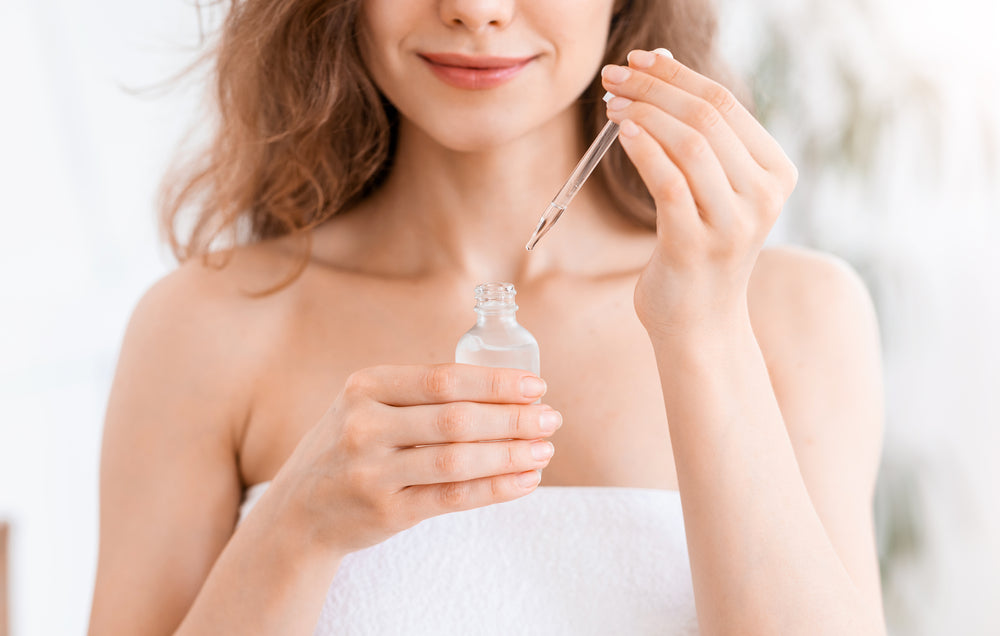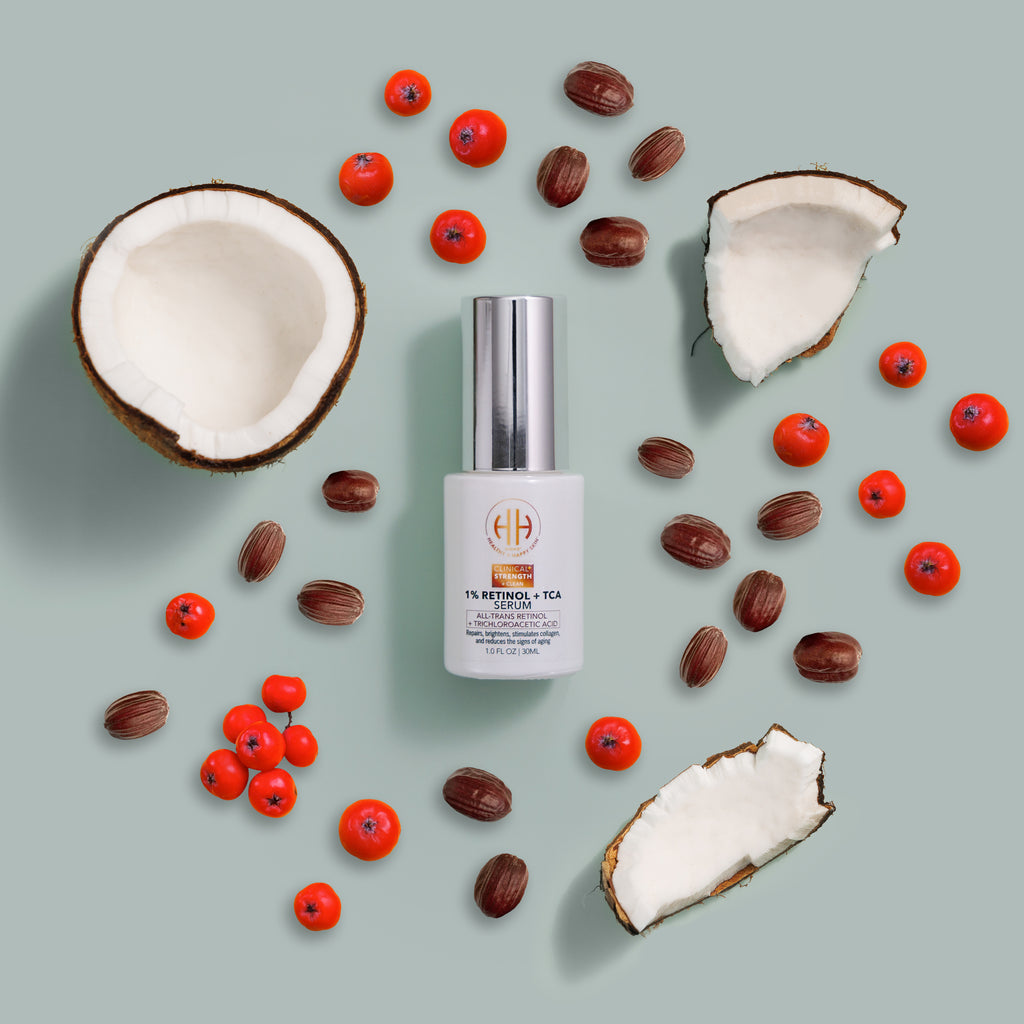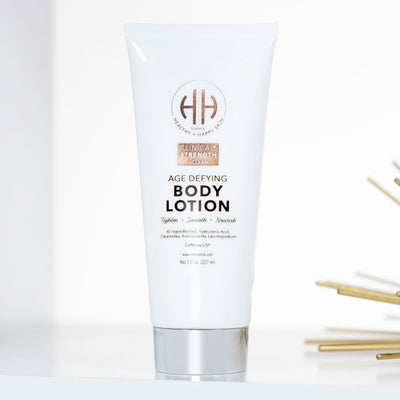Treating Your Skin: Is Retinol an Exfoliant?
Retinol is one of the most popular talked-about skincare ingredients these days, with a reputation for restoring a smooth, healthy, and youthful glow. It's largely used to address wrinkles, dark spots, and other signs of aging skin, but exactly how does it accomplish these tasks? Is retinol an exfoliant or is there something more to its unique effect on skin? Understanding more about this "holy grail" of skincare can help you create a more well-rounded routine for a supple, healthy complexion.
Is Retinol an Exfoliant?

Many assume the only way to minimize the appearance of aging skin is by removing the damaged layers through exfoliation. However, this is not how retinoids function. They are antioxidants and part of the vitamin A family of organic compounds. Rather than causing dead skin cells to break down and fall off, retinol penetrates deep into those healthy, living cells beneath the surface.
As a result, these affected cells work overtime and even produce more new cells. Your skin can start to regenerate at a faster rate and with more robust strength and elasticity than ever before. For these reasons, retinoids are often prescribed by dermatologists not just for aging skin, but for psoriasis and acne as well.
Some people wonder, "Is retinol an exfoliator?" because, in some situations, it can lead to peeling or flaking skin. In this case, it is not a side effect of sloughing away dead skin cells. However, it could be the result of increased dryness due to overuse of retinol, especially if you are new to this type of product. Start with a lower concentration or dose, gradually increasing as your complexion adjusts. You can also space out applications to every other day to help alleviate this issue.
Do You Need an Exfoliant When Using Retinoid Products?

Every good skincare routine requires exfoliation to help maintain a healthy, glowing complexion. There are many ways to carry out this essential process, both manual and chemical, that can help you enjoy smoother skin. Is retinol considered an exfoliant? No, it isn't, so you need another product in your arsenal to help remove accumulating layers of dead skin cells.
Most people only need to exfoliate two to three times per week at most. The process can dehydrate your skin if you don't take steps to restore and protect its moisture barrier afterward. Because retinol can lead to increased sensitivity and dryness for some, consider skipping it on the day you exfoliate, or spacing it out several hours before or after.
Using Retinol as an Exfoliant
For those with sensitive skin who want to use retinol on a daily basis, a retinol serum formulated with hyaluronic acid can help calm and soothe your skin without the dryness, peeling, or irritation that can come with regular retinol use.
For experienced users, a 1% retinol + TCA formula can be used to promote cell turnover and skin resurfacing on a regular basis.
Is Retinol an Exfoliant? HH Science Has the Answers
With so many products and ingredients to sift through, good skincare can be an overwhelming prospect. Is retinol an exfoliant? How often should you use it? Which type is right for you? You can find solutions to these and more of your skincare questions and concerns at HH Science.
Be sure to try our Retinol Quiz to help you find the right solution for your unique complexion. From there, you can shop our entire line of retinol products, as well as your personalized recommendations, so you can start enjoying smoother, healthier skin.






